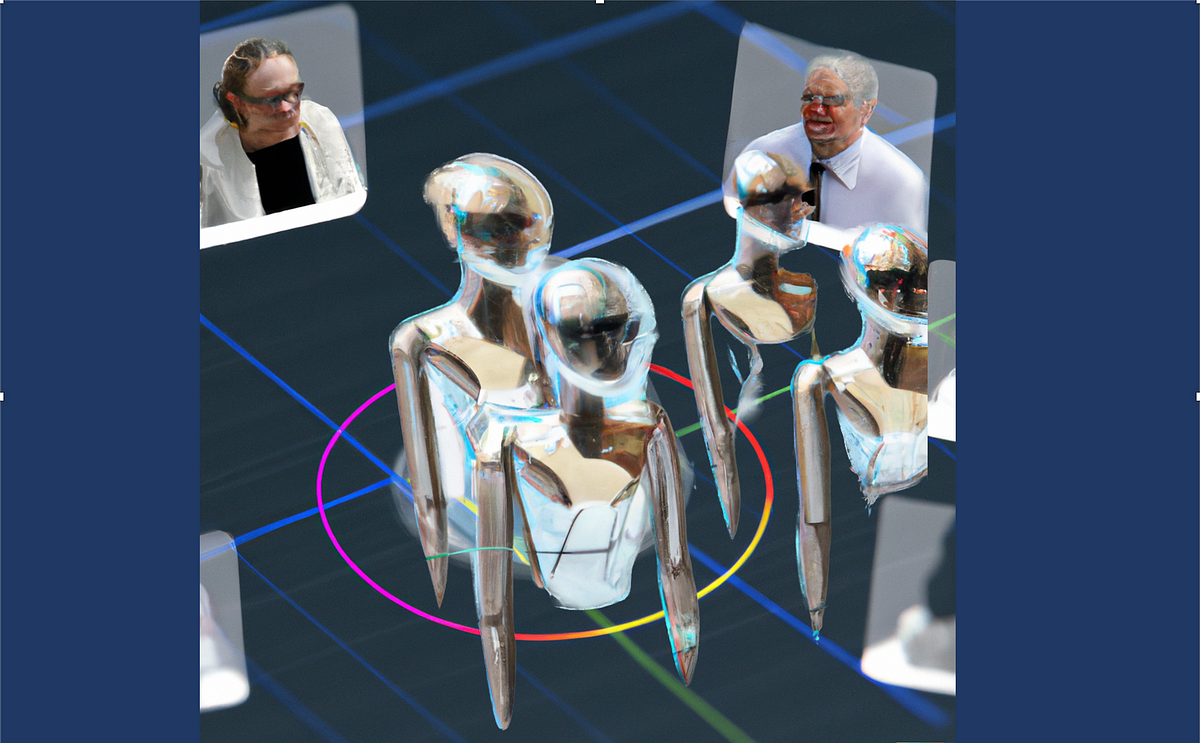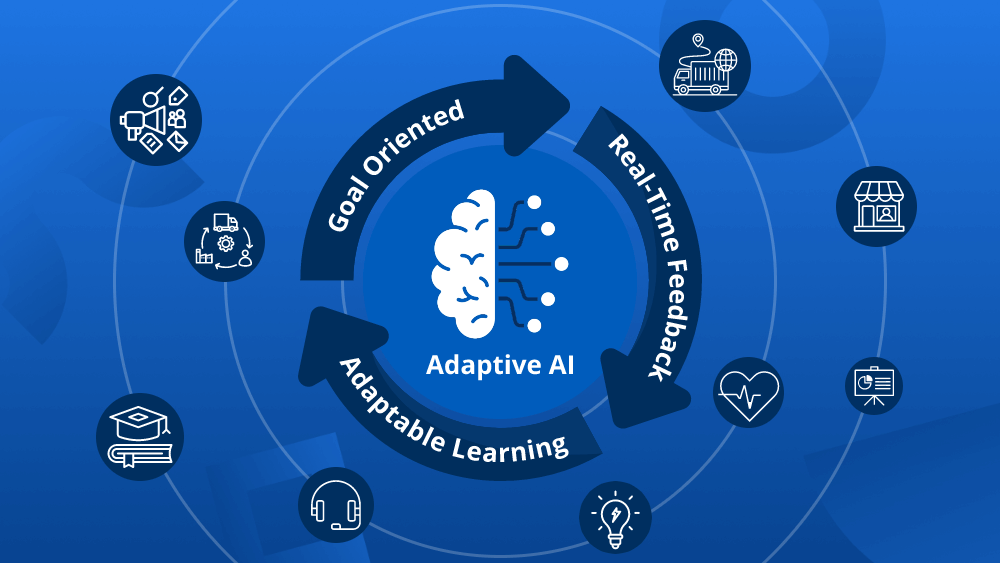This research delves into a formidable challenge within the domain of autoregressive neural operators: the limited ability to extend the forecast horizon. Autoregressive models, while promising, grapple with instability issues that significantly impede their effectiveness in spatiotemporal forecasting. This overarching problem is pervasive, spanning scenarios from relatively smooth fields to complex, large-scale systems typified by datasets like ERA5.
Current methods face formidable obstacles when attempting to extend the forecast horizon for autoregressive neural operators. Acknowledging these limitations, the research team introduces a revolutionary solution to enhance predictability. The proposed method initiates a fundamental architectural shift in spectral neural operators, a strategic move to mitigate instability concerns. In stark contrast to existing methodologies, this innovative approach empowers these operators with an indefinite forecast horizon, marking a substantial leap forward.
Currently, autoregressive neural operators reveal a significant roadblock in their ability to forecast beyond a limited horizon. Traditional methods’ instability challenges restrict their effectiveness, particularly in complex spatiotemporal forecasting scenarios. Addressing this, the research team proposes a novel solution that fundamentally reshapes the architecture of spectral neural operators, unlocking the potential for an extended forecast horizon.
At the core of the proposed method lies the restructuring of the neural operator block. To tackle challenges such as aliasing and discontinuity, the researchers introduce a novel framework where nonlinearities are consistently succeeded by learnable filters capable of effectively handling newly generated high frequencies. A key innovation is the introduction of dynamic filters, replacing static convolutional filters, and adapting to the specific data under consideration. This adaptability is realized through a mode-wise multilayer perceptron (MLP) operating in the frequency domain.
The essence of the proposed method lies in reimagining the neural operator block. Addressing challenges like aliasing and discontinuity, the researchers introduce a sophisticated framework where nonlinearities are consistently followed by learnable filters, adept at handling newly generated high frequencies. A groundbreaking element is incorporating dynamic filters, replacing the conventional static convolutional filters, and adapting to the intricacies of the specific dataset. This adaptability is achieved through a mode-wise multilayer perceptron (MLP) operating in the frequency domain.
Experimental results underscore the efficacy of the method, revealing significant stability improvements. This is particularly evident when applying the approach to scenarios like the rotating shallow water equations and the ERA5 dataset. The dynamic filters, generated through the frequency-adaptive MLP, emerge as pivotal in ensuring the model’s adaptability to diverse datasets. By replacing static filters with dynamic counterparts, the method adeptly handles the intricacies of data-dependent aliasing patterns—an accomplishment unattainable through fixed strategies.
In conclusion, the research represents a groundbreaking stride in overcoming the persistent challenge of extending the forecast horizon in autoregressive neural operators. Restructuring the neural operator block, characterized by incorporating dynamic filters generated through a frequency-adaptive MLP, is a highly effective strategy for mitigating instability issues and enabling an indefinite forecast horizon. As the research community grapples with the complexities of forecasting, this work serves as a beacon, guiding future endeavors toward more robust and reliable spatiotemporal prediction models.
Check out the Paper and Github. All credit for this research goes to the researchers of this project. Also, don’t forget to join our 33k+ ML SubReddit, 41k+ Facebook Community, Discord Channel, and Email Newsletter, where we share the latest AI research news, cool AI projects, and more.
If you like our work, you will love our newsletter..
Madhur Garg is a consulting intern at MarktechPost. He is currently pursuing his B.Tech in Civil and Environmental Engineering from the Indian Institute of Technology (IIT), Patna. He shares a strong passion for Machine Learning and enjoys exploring the latest advancements in technologies and their practical applications. With a keen interest in artificial intelligence and its diverse applications, Madhur is determined to contribute to the field of Data Science and leverage its potential impact in various industries.


